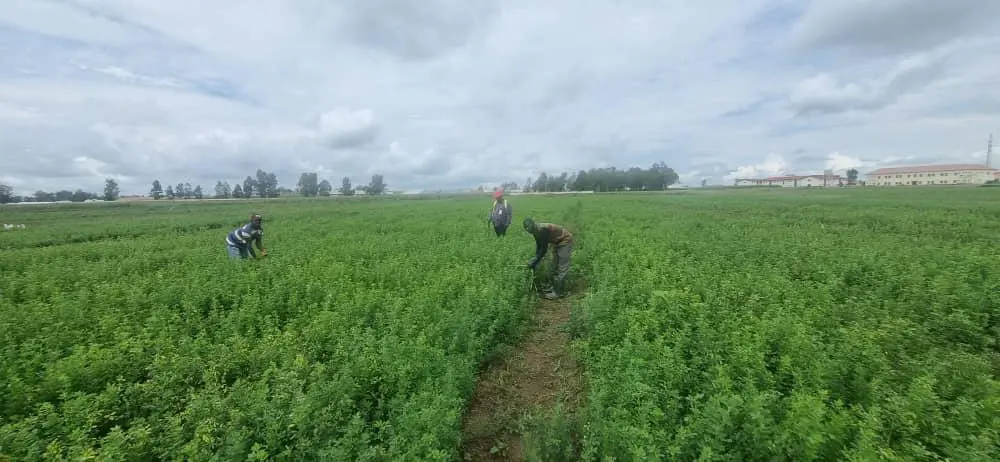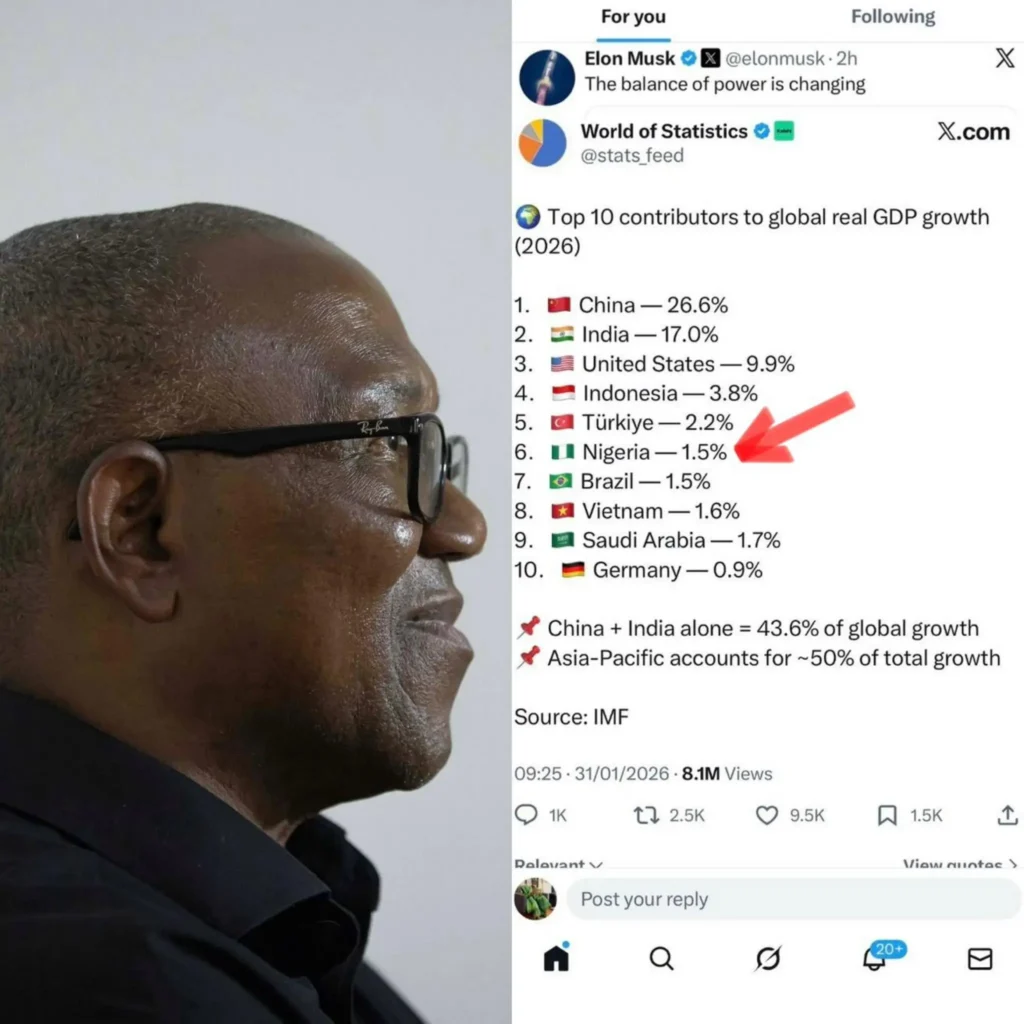Plateau’s Alfalfa Project Touted as Model for Sustainable Livestock Farming, Say Experts

Agricultural experts have hailed the Plateau State Alfalfa Project as a landmark initiative that could transform Nigeria’s livestock sector and serve as a model for sustainable farming across the country.
The project, a collaboration between The Alternative Bank and Plateau State University (PLASU), has successfully demonstrated that Alfalfa, often referred to as the “green gold” of animal feed, can thrive under Nigeria’s highland climate conditions.
Alfalfa, a highly nutritious and protein-rich forage crop, is widely used across the world to boost livestock productivity and reduce dependence on imported feed ingredients.
Experts say its introduction in Plateau State could mark a major breakthrough in addressing recurring challenges in Nigeria’s livestock value chain — including poor feed quality, low milk and meat yields, and frequent herder-farmer conflicts.
According to agricultural scientists involved in the project, field trials conducted in Bokkos and surrounding areas have shown impressive yields, confirming the crop’s adaptability to local soils and weather patterns.
Dr. Joseph Gambo, one of the project’s lead researchers at PLASU, noted that the success of the trials “proves that Nigeria has the potential to locally produce world-class livestock feed, rather than relying on expensive imports.”
He added that beyond its nutritional benefits, large-scale cultivation of Alfalfa could contribute to rural peacebuilding by creating stable grazing zones and reducing the pressure on farmers’ farmlands.
Officials from The Alternative Bank described the initiative as part of their broader commitment to sustainable agriculture and inclusive economic growth.
“With the success recorded so far, this partnership demonstrates how innovation, research, and finance can work together to transform agriculture and strengthen food security,” the bank said in a statement.
Experts are optimistic that the Plateau model could soon be replicated in other northern and middle-belt states, positioning Nigeria as a regional hub for livestock feed production.









